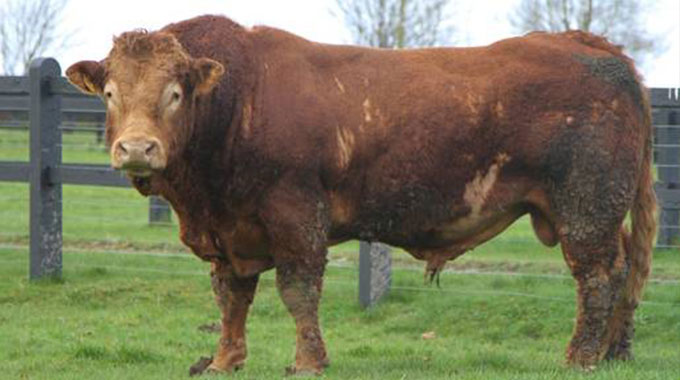
The Sunday News

Mhlupheki Dube
THE farming season has started on a disappointing note in most parts of the country with pointers that it could be another painful drought.
I am not a weather expert hence my opinion cannot and should not be taken to be an authority interpretation of the weather conditions. However, being a farmer and a livestock enthusiast, I abrogate myself the responsibility to be disappointed and pessimistic about the start of the farming season. How I wish to be proven wrong by the weather itself!
In fact, farming has not started in some parts of Matabeleland region because no meaningful precipitation has been recorded since the advent to the rain season. Now questions start flying in my head as a livestock farmer who is currently enduring a huge burden of supplementing my animals and I was praying and hoping of a wet rainy season to relieve me of this burden. Obviously, these questions are not in my mind only, but in most livestock farmers. The principal question is how will livestock farmers survive a back to back drought? Can they survive another drought? What strategies can they adopt right away to avert a catastrophe in the event of another drought?
Even more futuristic and strategic questions begin to feature prominently in livestock farmers’ minds like should we really continue to keep cattle as our main enterprise or we should migrate to the more resilient small stock? I am increasingly getting persuaded that cattle production is becoming increasingly difficult in this unfavourable climatic condition of back to back droughts. Honestly, how much more loss can cattle producers take and still manage to bounce back in the next season?
It is against such noisy questions in my head that I get this persistent feeling that perhaps it’s time cattle producers considered putting a significant number of small stock in their production enterprises.
Small stock has obviously a few advantages that can make it provide the much-needed resilience to livestock farmers. Firstly, and most importantly small stock is, to a very large extent, drought-tolerant due to its main two attributes which is low intake of drinking water and a significant browsable component in their diets.
Goats are both grazers and browsers and this becomes very handy when the going gets tough and there is no grass in the veld. The goats will simply migrate their ration to predominantly browse components. Consequently, goats are able to keep a decent body condition score even in driest parts of the year.
Secondly, goats do not take much drinking water when compared to the larger ruminants like cattle and this becomes very important in drought conditions where there is hardly any water for animals. You can easily water all your goats from fetching water with a wheel barrow from your nearest borehole. This may not be very easy when its cattle. In reproduction terms goats will produce for you at least twice a year and if lucky in twin sets hence you easily have something to sell almost at any time of the year and this can be a major relief on your cash flow.
Also, it is important to note that goats have been steadily increasing in value from a mere Christmas ritual animal to a commercial product. Right now, as we speak ordinary goats, not stud, are going for anything between R800 and R1 500 in Matabeleland South. This is not prime money but a fairly decent asking for an ordinary commercial breed goat. So, if you sell just 20 goats at R1 500 each you would pocket R30 000 which is around US$2 000.
This is not bad money by any standard and it is very possible to sell that number of goats in that currency at that rate during this festive season in Matabeleland South.
Another important production factor which one can consider is the disease tolerance aspect. Outside pulpy kidney goats do not suffer from a plethora of disease afflictions like cattle do hence if you vaccinate against pulpy kidney you have probably eliminated your major source of flock health problems.
For the sake of space it is against this small background that I submit to livestock farmers especially cattle producers that it could be a wise decision to infuse or increase a portion of small stock in your production enterprise, if anything for resilience fortressing of your enterprise.
Uyabonga UmntakaMaKhumalo.
Feedback [email protected]/ cell 0772851275.



